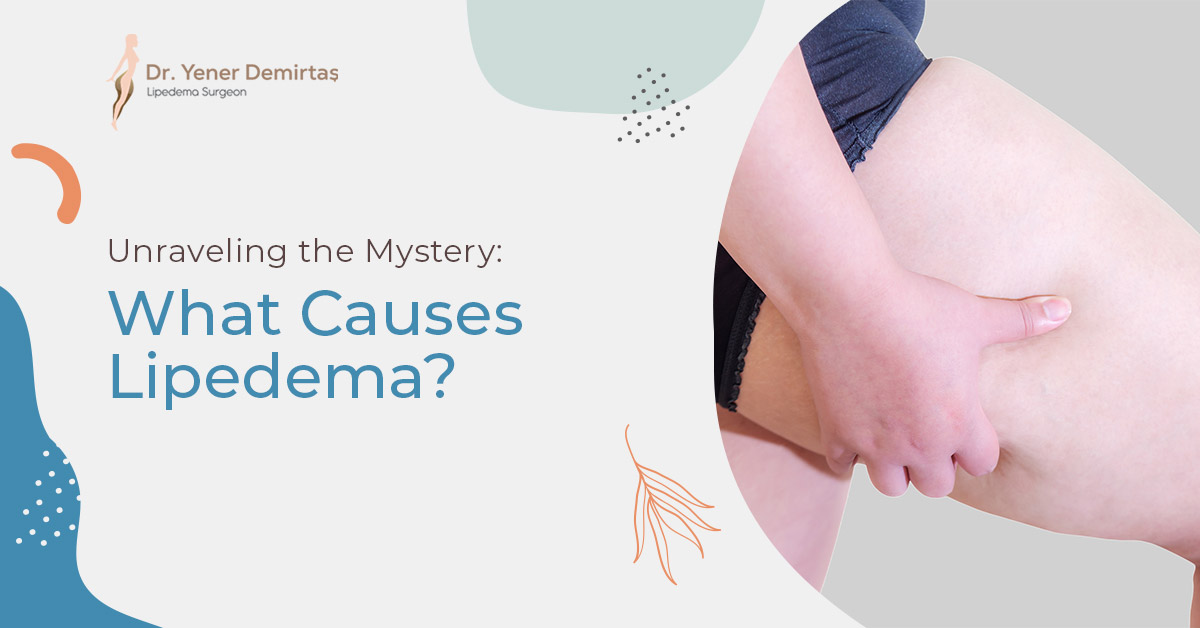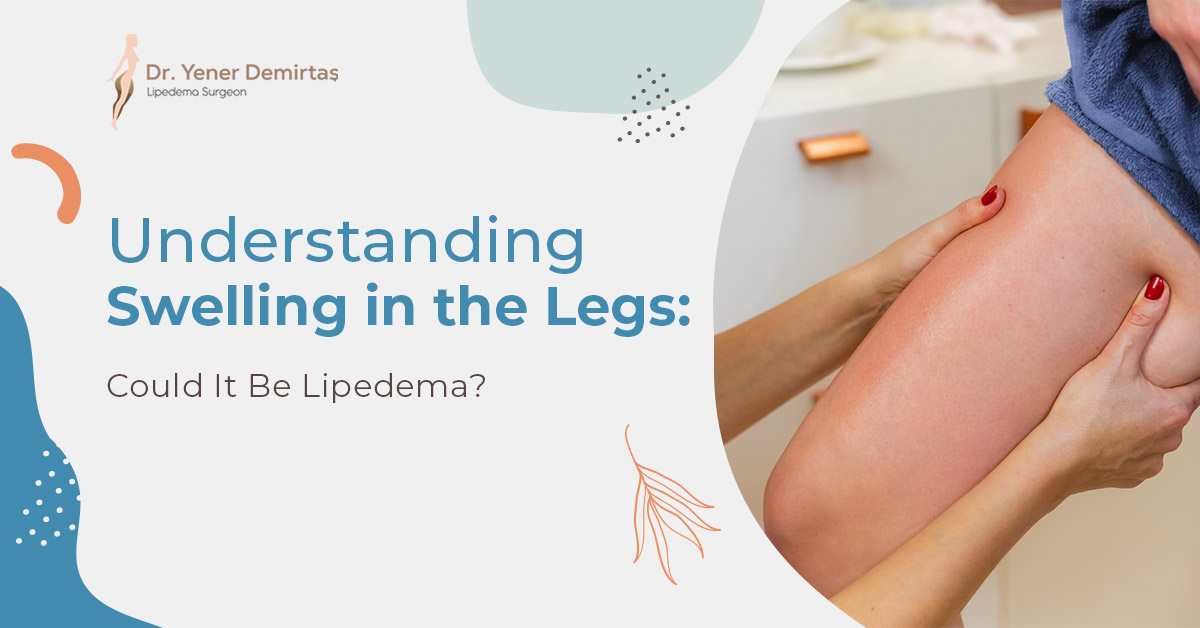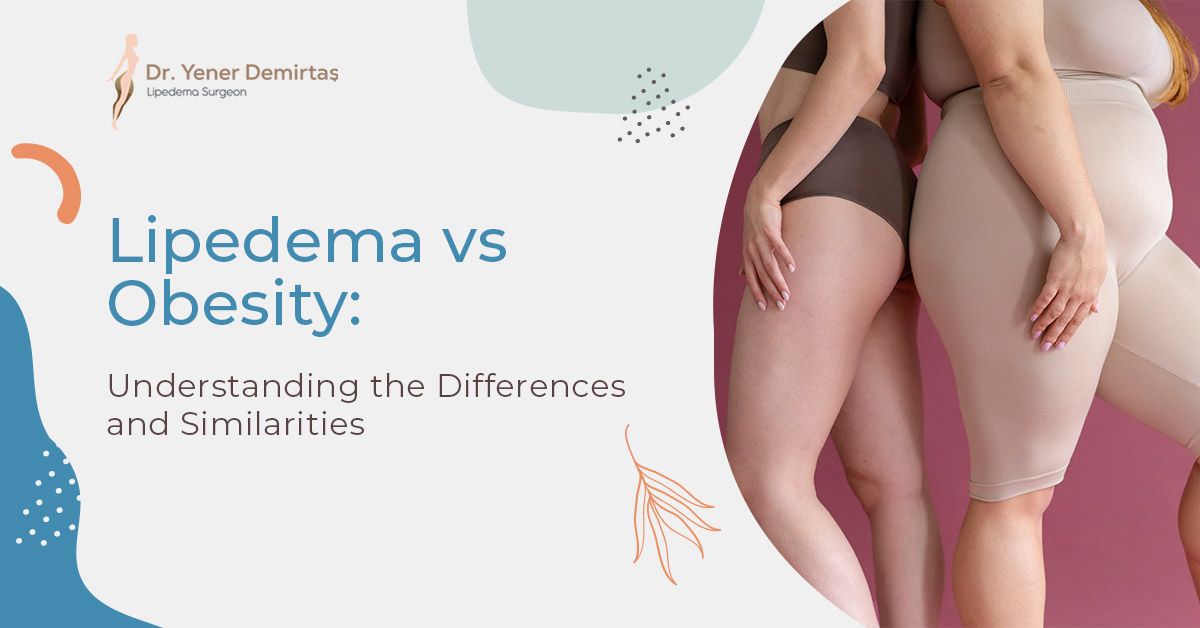
Unraveling the Mystery: What Causes Lipedema?
Lipedema, a fat disorder that primarily affects women, is known for its hallmark characteristic of abnormal fat accumulation in certain body areas. However, the big question remains: What causes lipedema? Let's dive into this topic and shed light on the potential factors that contribute to the development of this condition.
A Brief Overview of Lipedema
Before we delve into the causes, it's crucial to grasp the basics of lipedema. It's a chronic condition characterized by a disproportionate distribution of fat, most commonly in the legs and arms, though it can also affect the trunk.
Here are some classic lipedema symptoms:
- Persistent swelling in the legs and arms that doesn't subside with rest or elevation
- Pain or heightened sensitivity in the affected areas
- A predisposition to bruise easily
- Stubborn fat that doesn't respond to traditional weight loss strategies
Understanding these features is key when discussing what causes lipedema.
Genetic Influences: A Familial Connection?
The exact cause of lipedema remains a mystery, but research points towards a strong genetic link. It's not uncommon for patients to report a family history of similar symptoms, suggesting a potential hereditary factor. Scientists are keenly exploring this genetic correlation to better understand its implications in lipedema development.
The Hormonal Puzzle: A Potential Trigger?
Interestingly, lipedema often emerges during periods of significant hormonal changes such as puberty, pregnancy, or menopause. This pattern hints that hormonal fluctuations might be a critical factor in instigating the condition. Nevertheless, comprehensive research is still underway to confirm this hypothesis and decipher the precise hormonal mechanics involved.
Inflammation: A Possible Culprit?
There is growing evidence to suggest that inflammation may play a significant role in lipedema. In lipedema patients, researchers have noted elevated levels of inflammation in the fat tissue. Such inflammation can disrupt normal fat storage and lead to the abnormal fat accumulation that is characteristic of lipedema.
Lymphatic System Dysfunction: A Contributing Factor?
Another theory regarding what causes lipedema revolves around the lymphatic system. Some studies indicate that individuals with lipedema have a compromised lymphatic system, leading to excessive fluid build-up and consequent swelling. However, the intricate relationship between the lymphatic system and lipedema warrants further investigation.
The Emotional Impact: Stress and Lipedema
Lipedema can have significant emotional repercussions due to its physical symptoms and impact on quality of life. Some researchers speculate that chronic stress may exacerbate lipedema symptoms, although more research is needed to substantiate this connection.
Lipedema: An Enigma Still Unfolding
Despite having a few plausible theories about what causes lipedema, there's much left to uncover. Ongoing research is indispensable to unravel the underlying causes of this condition and facilitate the development of effective treatments. If you suspect you may have lipedema, reach out to a healthcare professional promptly. Understanding and managing your condition are paramount steps towards maintaining a high quality of life amidst lipedema.






